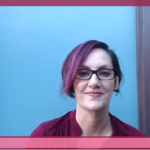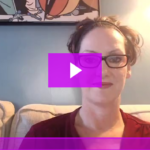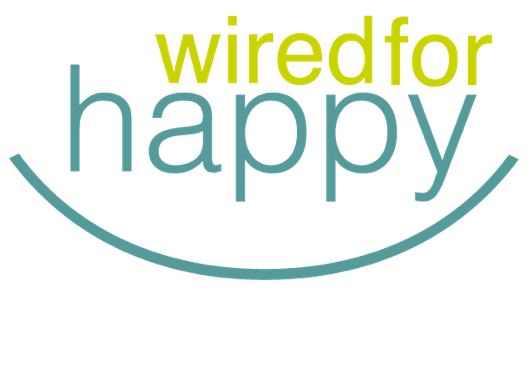Ever feel like you need a mental health tuneup, but not the whole check-up?
You’re not ready to call your therapist, but you feel yourself slipping…
Maybe your sleep is disturbed, your worries too intense, or you snap at your kids when you’re stressed.
There’s a time and a place for deep psychological work to effect change. And sometimes, change comes by way of an inspirational quote, practicing slow, deep breaths, or receiving encouragement from a loved one.
The beauty of psychology is often found in simplicity. The following four acronyms can be helpful when you need a mental health pick-me-up.
1. R.A.I.N.
The acronym RAIN was originally created by Michele McDonald. Here is a modified version by Tara Burch.
R – Recognize what is happening
A – Allow life to be just as it is
I – Investigate inner experience with kindness
N – Non-Identification
Recognizing is consciously acknowledging your thoughts, feelings, and behaviors. Common signs of automatic reactions include a critical inner voice, feelings of shame or panic, the runaway, negative thoughts of anxiety or the heaviness of depression in the body.
Allowing means letting your thoughts, emotions, feelings, or sensations to simply be there. You don’t have to change, fix or act upon anything. Rather, you acknowledge and accept that psychological pain is a part of life.
Investigating calls on your natural curiosity—the desire for truth—and directing focused attention to your present experience. Asking, ‘what is happening inside me?’ can initiate recognition, but investigation is a more intentional process.
Natural loving awareness occurs when you don’t over-identify with your flaws. This practice of non-identification means that your sense of self is not fused with any limiting emotions, sensations, or stories. You are not your mind, and you are not your emotions.
2. T.H.I.N.K.
Hallmarks of anxious communication include negative self-talk, reacting in the heat of the moment, over-explaining yourself (AKA, emotional vomiting), and obsessive attention to overanalyzing decisions. Before you speak, ask yourself the following:
- Is it Truthful
- Is it Helpful?
- Is it Insightful?
- Is it Necessary?
- Is it Kind?
3. S.E.L.F.
The following strategy is adapted from Kathleen Hall, founder of The Stress Institute and Mindful Living Network.
Serenity. Practices which reduce the production of stress hormones are key. This could be deep-breathing, meditation, yoga or a walk in nature.
Exercise. The calming effects of physical fitness are endless. And you don’t have to hit the gym to reap the benefits. Simple stretches while you work, or opting for the stairs rather than the elevator, count too.
Love. In addition to reducing stress, spending time with others means you’re taking in another person’s perspective on a situation. Connecting with others also means less time spent inside your head.
Food. Nutrition has a major impact on moods. Processed foods, and excess sugar, salt and alcohol can increase stress levels. Consuming foods rich in vitamin B6, such as bananas, nuts, turkey, or tuna are recommended. Additional healthy choices include whole grains, blueberries, and oatmeal.
4. R.E.L.A.X.
Recognize when you are consumed with worries.
Eliminate toxic thoughts which contribute to your negative emotions.
Let go of the anxious mindset that seeks reassurance that everything will turn out okay. Failure is a part of life, and life doesn’t always go as planned.
Attitude is key to problem-solving. Adopting a flexible, open-minded attitude reduces feelings of insecurity and fear, and the habit of rumination. An added benefit of a positive outlook is less reliance on others for approval and validation.
X-tra sleep. As a psychotherapist, I’m a huge fan of sleep hygiene. Making sleep a priority is a must for mental health and physical and emotional wellness.
By implementing the acronyms RAIN, SELF, THINK and RELAX, you are creating space between anxiety and your reaction to worries. Anxiety feeds off of drama, details and inaction. Don’t allow your world to become so small and constricted that you forget that psychology can be simplified.
*****
“Calming Your Anxious Mind” is a course in mindfulness, relaxation and finding peace in the chaos. Click here for more information.
If you learned something new, please give this article a share on Facebook or Twitter.
 Yours in emotional simplicity,
Yours in emotional simplicity,
—Linda Esposito








